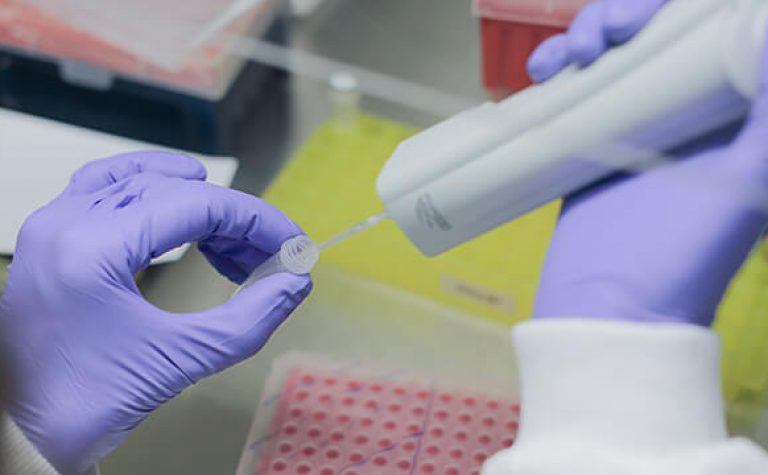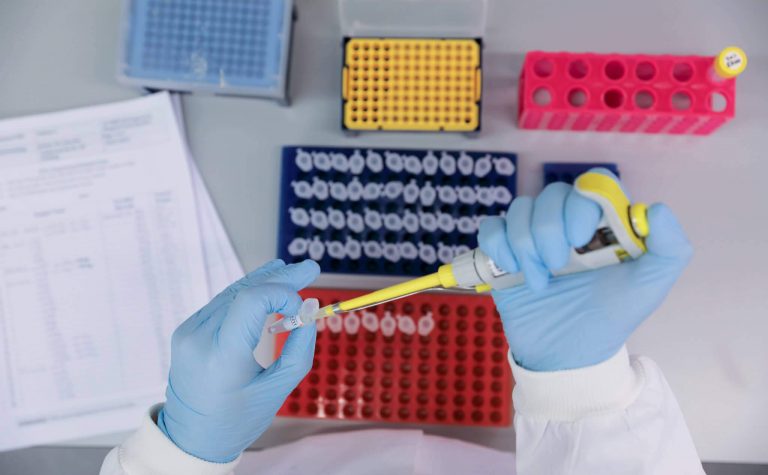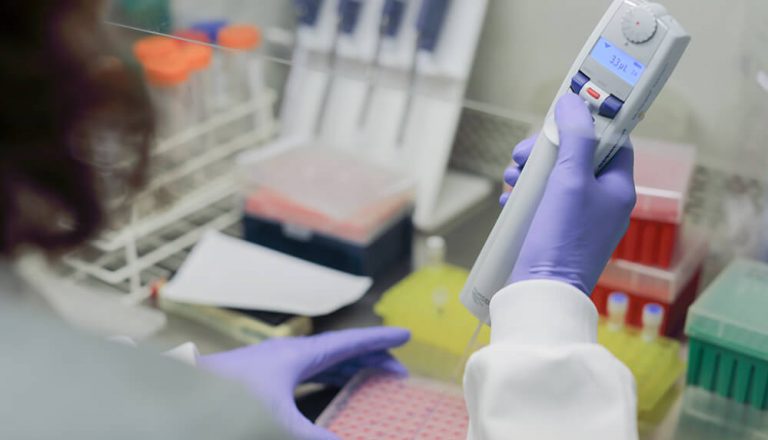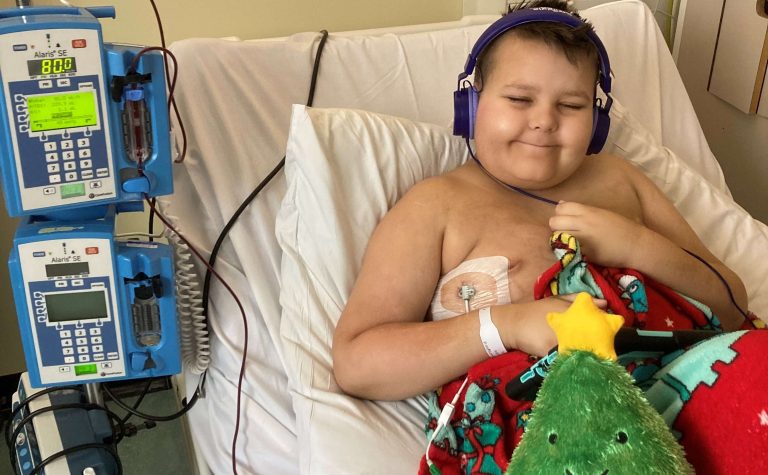Project Details
Project Title
Investigations into the role of EVI1 in Fanconi anaemia associated malignant transformation
Lead Researcher
Stephan Meyer
Research Centre
University of Manchester
City & Institution Postcode
--
Start Date
29 March 2013
Duration
3 years 3 months
Grant Amount
£81,614







